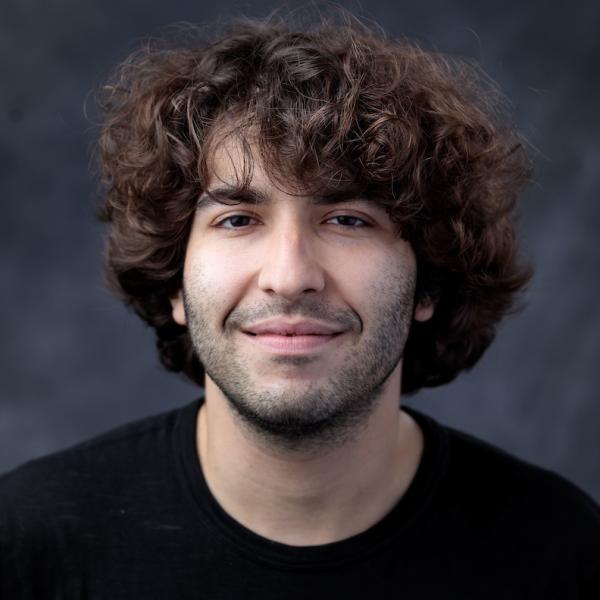
Dr. Erik Zyman’s research is in theoretical syntax, and it’s driven by the following questions: (1) What principles, elementary operations, and atomic elements determine how lexical items can and can’t be combined to form larger syntactic structures? (2) Which of those are universal, which vary crosslinguistically, and why? (3) What are their cognitive (and other) underpinnings? Erik is interested in many syntactic processes and phenomena: (External and Internal) Merge, constituency, selection, projection, adjunction, the argument/adjunct distinction, phases and (anti)locality, “wordhood” and (anti)mirror effects, and more. In short, he seeks to characterize the elementary operations that build syntactic structures and to determine why they have the properties they do. His research languages have included English, Latin, and P’urhepecha, among others.
Recent Publications
Selected Articles/Chapters:
- Zyman, Erik. 2024. “On the Definition of Merge.” Syntax 1–37. Early View.
- Zyman, Erik. 2022. “Proleptic PPs Are Arguments: Consequences for the Argument/Adjunct Distinction and for Selectional Switch.” The Linguistic Review 39.1: 129–158.
- Zyman, Erik. 2022. “Phase-Constrained Obligatory Late Adjunction.” Syntax 25.1: 84–121.
- Zyman, Erik. 2021. “Antilocality at the Phase Edge.” Syntax 24.4: 510–556.
- Zyman, Erik. 2020. “In Situ Mixed Wh-Coordination and the Argument/Adjunct Distinction.” Glossa 5(1): 30. 1–13.
- Zyman, Erik, and Nick Kalivoda. 2020. “XP- and X⁰-movement in the Latin Verb: Evidence from Mirroring and Anti-Mirroring.” Glossa 5(1): 20. 1–38.
- Zyman, Erik. 2018. “Quantifier Float as Stranding: Evidence from Janitzio P’urhepecha.” Natural Language and Linguistic Theory 36: 991–1034.
2021-2022 Course Offerings
Introduction to Syntax (LING 20201) - Autumn 2021
This course covers the fundamental goals and techniques of current syntactic theory and many of the empirical observations that have played a role in shaping it. It has among its objectives to put you in a position to be able to carry out more advanced investigations of the syntactic structure of human language and to provide you with a foundation for carrying out original research of your own, should you choose to. Emphasis will be placed on understanding argumentation and on conceptual and empirical justifications for theoretical claims, as well as on overall understanding of theoretical concepts and tools.
Advanced Syntax (LING 20202) - Spring 2022
This is an advanced undergraduate course in theoretical syntax. Through readings from the primary research literature, we will reach the deepest understanding we possibly can of (a) the overarching goals of syntactic theory; (b) various aspects of, or subareas within, current syntactic theory; and (c) a range of empirical phenomena whose investigation has enabled us to push forward our theoretical understanding of syntax.
Seminar: Syntax (LING 46000) - Spring 2022
[“Derivationalism and Representationalism”] This course is an advanced graduate seminar in theoretical syntax. Through readings from the primary research literature, we will investigate both derivational and representational approaches to syntax, with the aim of shedding light on whether syntax is best understood as derivational, as representational, or as partly one and partly the other.
